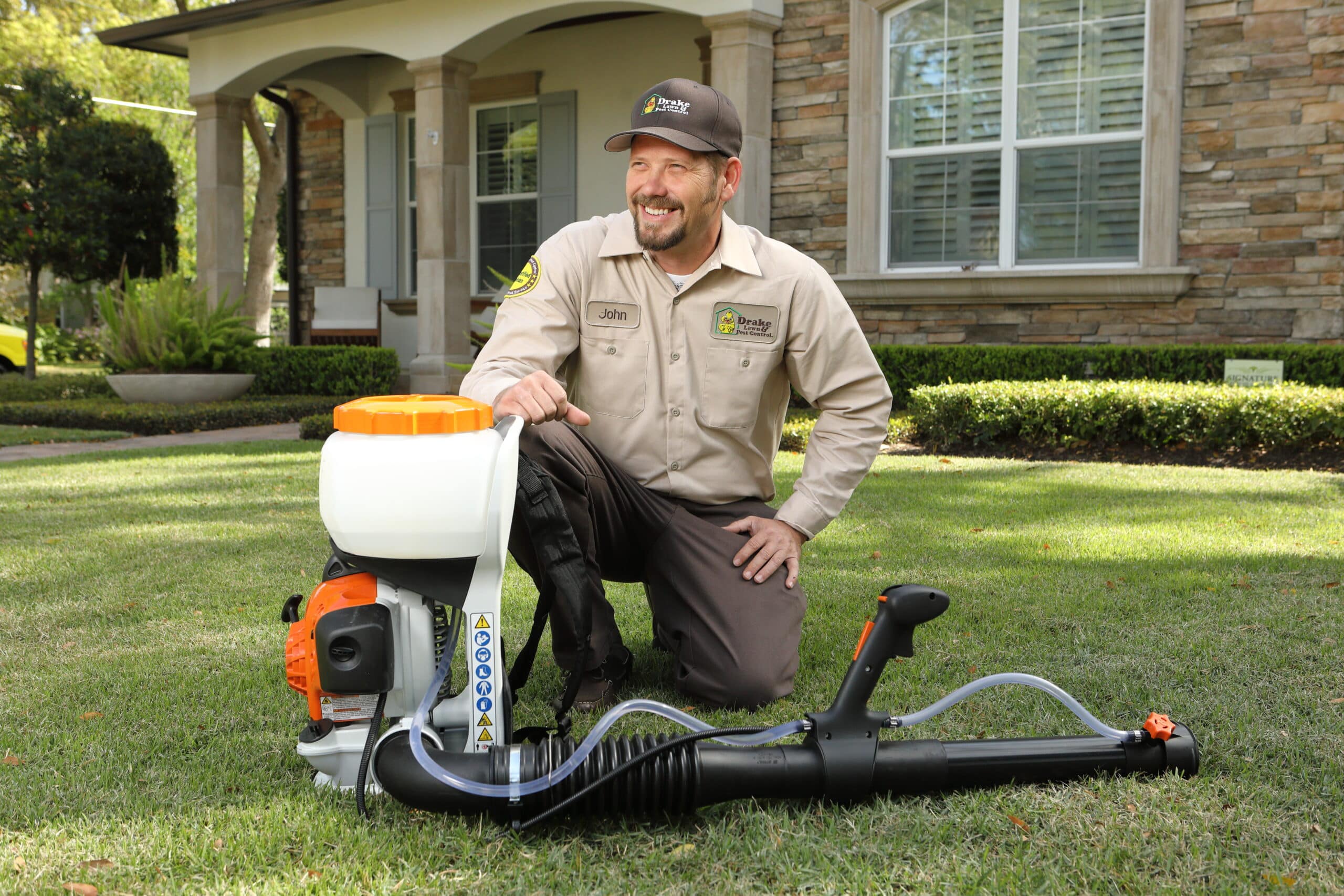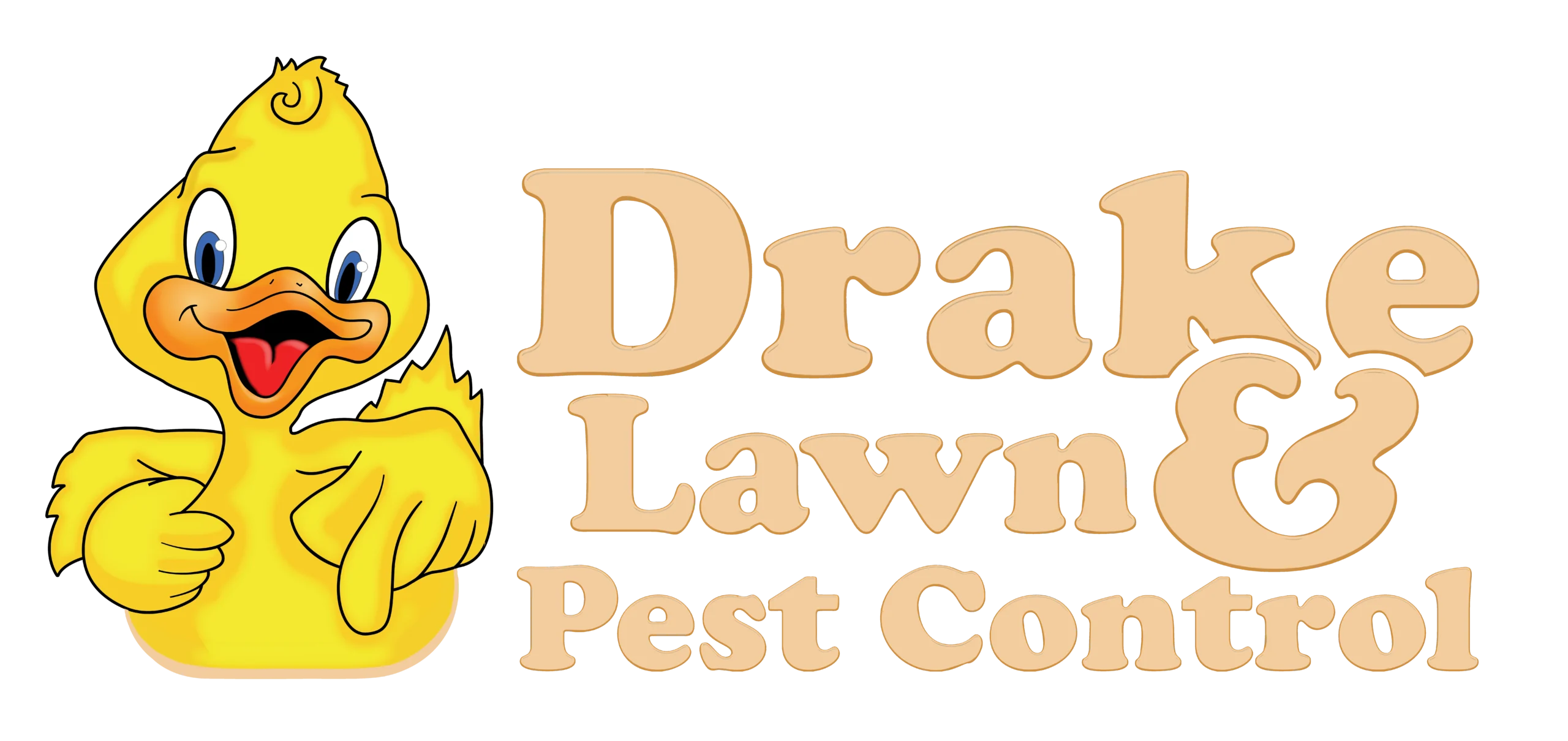Free Inspection Request

Mosquito Control Service
This proven program will reduce the number of adult mosquitoes on your property within days, allowing your family to enjoy the backyard again.
Service Includes
- Monthly applications to control mosquitoes during the breeding season.
- Treatment includes all plant material, shrub beds, and natural areas to control adult mosquitoes.
- Professionally trained technicians to provide a safe and effective service.
- Inspections are performed to identify and treat breeding sites.
- Environmentally friendly products and procedures.
Common Mosquito Risks
- Zika Virus
- West Nile Virus
About Zika Virus
The Zika virus is a mosquito-borne illness primarily transmitted by the Aedes species. Most infections are mild, but they can pose serious risks to pregnant women, including birth defects.
Transmission
Zika is mainly spread through the bite of an infected Aedes mosquito, but it can also be transmitted sexually, from mother to fetus, and through blood transfusions in rare cases.
Symptoms
Common symptoms include fever, rash, joint pain, and red eyes. Many people experience mild illness or no symptoms at all.
Prevention
Use EPA-approved insect repellents, wear long sleeves and pants outdoors, and eliminate standing water around your home to reduce mosquito breeding.
Additional Information
To learn more about Zika Virus, click here to visit the CDC website.
About West Nile Virus
West Nile Virus is a mosquito-borne illness transmitted primarily by Culex mosquitoes. Most people infected never develop symptoms, but severe neurological disease can occur in rare cases.
Trasmission
It spreads through the bite of an infected mosquito. In very rare cases, it can also spread through blood transfusion, organ transplant, or from mother to baby.
Symptoms
Mild cases may cause fever, body aches, nausea, and swollen lymph nodes. Severe cases can involve neurological symptoms like meningitis or encephalitis.
Prevention
Limit outdoor activity at dawn and dusk (when Culex mosquitoes are most active), use insect repellent, keep window and door screens in good condition, and eliminate standing water around
your home.
Additional Information on West Nile Virus
To learn more about West Nile Virus, click here to visit the CDC website.
Essential Tips For Protecting Yourself From Mosquitoes
- Avoid exposure to mosquitoes – stay indoors during peak biting time.
- Wear mosquito repellents when outside during peak biting time. Use mosquito repellents containing DEET. Be sure to follow the directions on the label.
- Remove unnecessary sources of water outside the home that may provide breeding places for mosquitoes.
- If you must be outside during peak biting time, wear long sleeves and pants.
- Make sure window and door screens are in good repair to prevent mosquitoes from entering homes.
- Flush out the water in bird baths and outdoor pet dishes every 3 – 4 days.
- Remove leaf litter, standing water, and debris from roof gutters and boat covers.
Frequently Asked Questions
What does your mosquito service include?
Our service includes a monthly treatment from March through November for the control of mosquitos. Treatment includes areas of resting and breeding sites such as shrub bed areas, small trees up to 10 feet, and shady areas such as under a deck area and under the eaves of structure. This program is designed to help reduce mosquito populations. Drake will also inspect for breeding sites such as bird baths, ditches and any other standing water for mosquito larvae.
How quickly will I see relief from mosquitoes?
Most customers notice improvement after the first treatment, with continued results after regular monthly applications.
Are mosquito treatments safe for kids and pets?
Yes. We use approved products and apply them precisely. Please avoid treated areas until dry.
